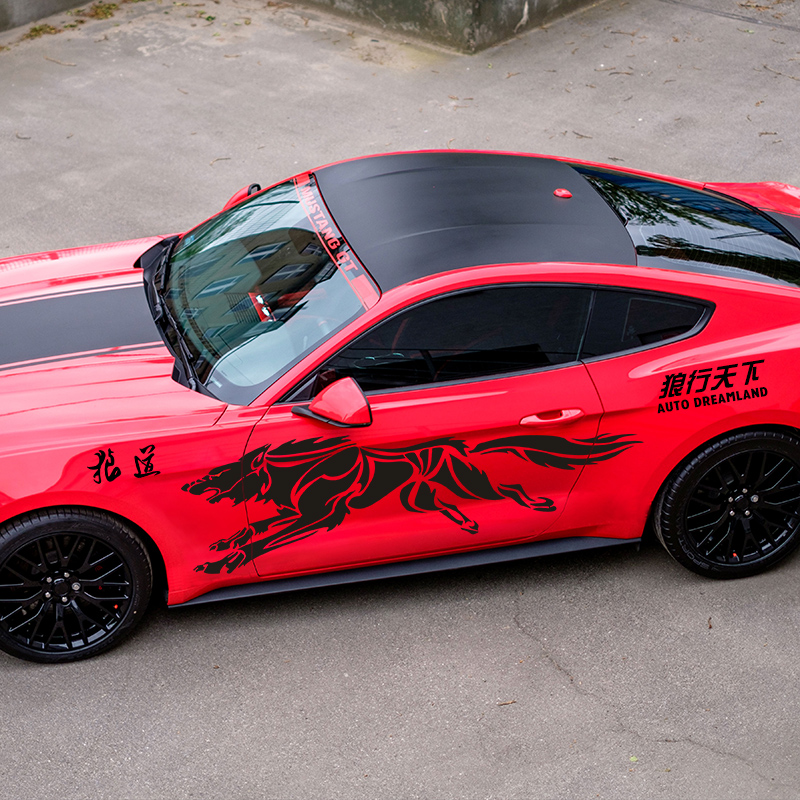North Korea lowers threshold for nuclear use: experts
2024-05-20 13:17:43 点击:469
 |
| A photo by the North's official Korean Central News Agency shows North Korean leader Kim Jong-un, center, presiding over a military parade to celebrate the 90th founding anniversary of the Korean People's Revolutionary Army at Kim Il Sung Square in Pyongyang, Monday. Yonhap |
Pyongyang unveils state-of-the-art weapons at military parade
By Kang Seung-woo
North Korean leader Kim Jong-un's commemorative speech at a recent military parade is raising fears that the totalitarian state's nuclear strategy is shifting toward using nuclear weapons for offensive purposes, not just for a retaliatory strike.
On Monday night, Pyongyang staged a military showcase on the occasion of the 90th anniversary of the Korean People's Revolutionary Army (KPRA), during which Kim said his nuclear forces "will have to decisively accomplish its unexpected second mission" if any forces try to violate the "fundamental interests" of his country.
Kim's unexpected remarks ― a sign of a change in the country's nuclear doctrine ― have prompted diplomatic observers to worry that the threshold for the use of the North's nuclear weapons has been lowered.
Traditionally, North Korea's nuclear policy had been that it could respond to a nuclear attack with a retaliatory strike against the attacker.
"With regard to the ambiguous 'fundamental interests' (that Kim referred to), they could include taking issue with its human rights violations or imposing sanctions on the country ― things that have nothing to do with a military confrontation ― possibly allowing North Korea to use nuclear weapons for offensive purposes as well as retaliation," said Park Won-gon, a professor of North Korean studies at Ewha Womans University.
 US objective remains complete denuclearization of Korean Peninsula: State Dept. 2022-04-27 10:05 | North Korea
US objective remains complete denuclearization of Korean Peninsula: State Dept. 2022-04-27 10:05 | North Korea  North Korean state media airs footage of military parade 2022-04-27 09:21 | North Korea
North Korean state media airs footage of military parade 2022-04-27 09:21 | North Korea Kim's remarks came some three weeks after his sister, Kim Yo-jong, also threatened to use nuclear weapons if South Korea begins a military confrontation with its northern neighbor ― a response to President-elect Yoon Suk-yeol's reference to the need, during the election campaign, to carry out a preemptive strike in the event that the North appears ready to fire a nuclear-tipped missile at the South.
"Kim said that he could order the use of nuclear weapons to protect the 'fundamental interests' of North Korea. This sounds like an elastic term that Pyongyang can adjust the meaning of according to the situation, similar to how it blames the diplomatic deadlock on the 'hostile policies' of other countries," said Leif-Eric Easley, an associate professor of international studies at Ewha Womans University.
"Such an ambiguous and potentially escalatory nuclear doctrine should not only worry Seoul, Tokyo and Washington but Beijing as well."
Rep. Tae Yong-ho of the main opposition People Power Party, a North Korean-defector-turned-South Korean politician, claimed that Kim's threatening message was aimed at pressuring the South Korean and U.S. governments to shift their goal for North Korea from denuclearization to arms control.
"It is already being said ― even among conservative U.S. think tanks ― that the U.S. government should first focus on stopping North Korea from developing intercontinental ballistic missiles (ICBMs)," Park said.
"However, if the U.S. partially lifts sanctions on North Korea in return for freezing its nuclear and missile programs, the game would be over because North Korea has an economy specialized in sanctions, so if it receives some sanctions relief, then there is no reason to give up its nuclear weapons."
 |
| KN-18 missiles are displayed during a military parade in Kim Il Sung Square, Pyongyang, Monday. Yonhap |
In response, the U.S. State Department said, Tuesday (local time), that its objective remains the complete denuclearization of the Korean Peninsula.
Meanwhile, the military parade showcased a display of its state-of-the-art road-mobile ICBMs, including the new giant ICBM known as the Hwasong-17, that it claims to have successfully launched on March 24, although the South Korean and U.S. authorities believe it was an older Hwasong-15.
North Korea also unveiled a new submarine-launched ballistic missile (SLBM), which has a larger warhead and length than the current Pukguksung-5, along with a mini-SLBM that the country said it test-launched last October.
Additionally, hypersonic missiles and new tactical guided weapons were displayed in the parade at Kim Il Sung Square in Pyongyang.





